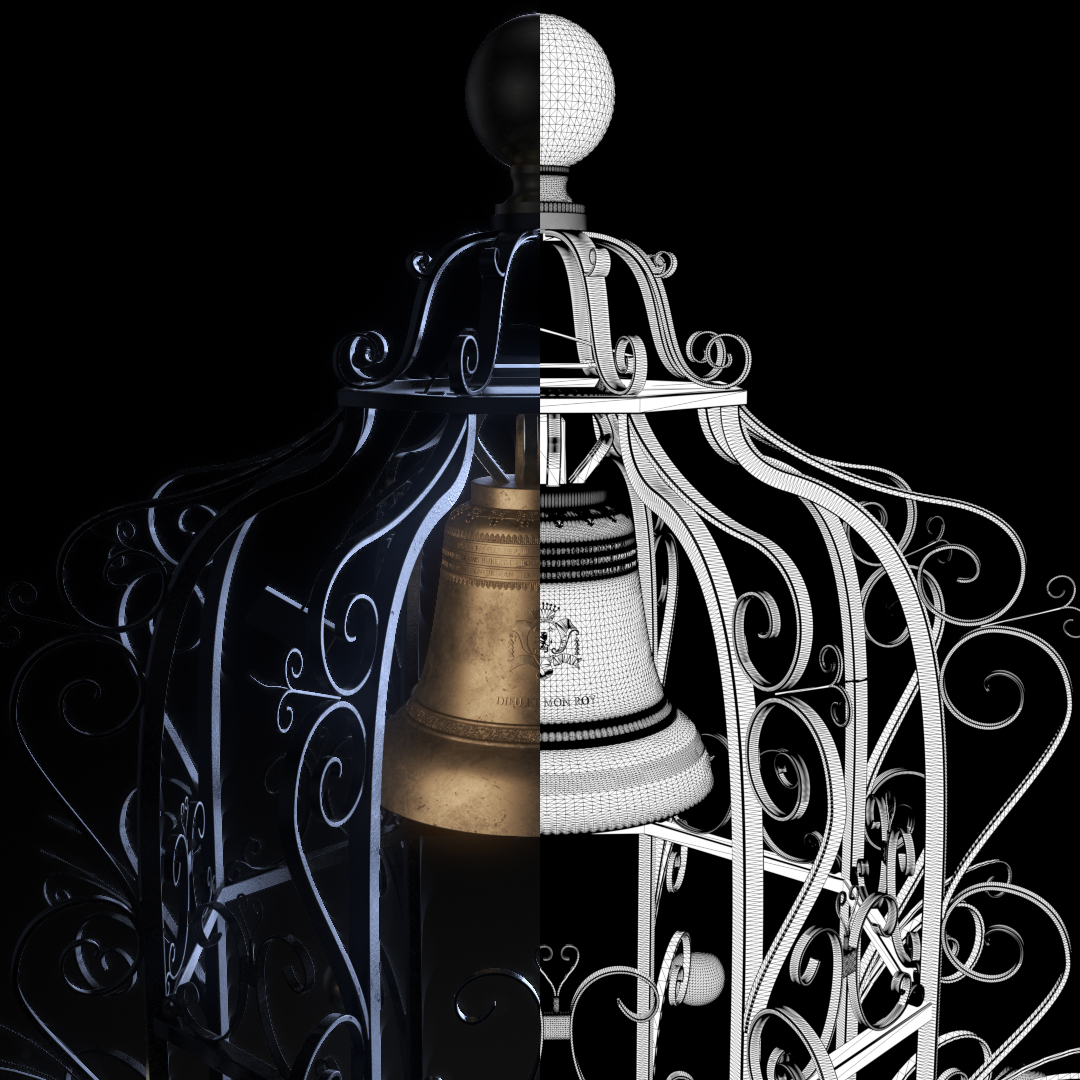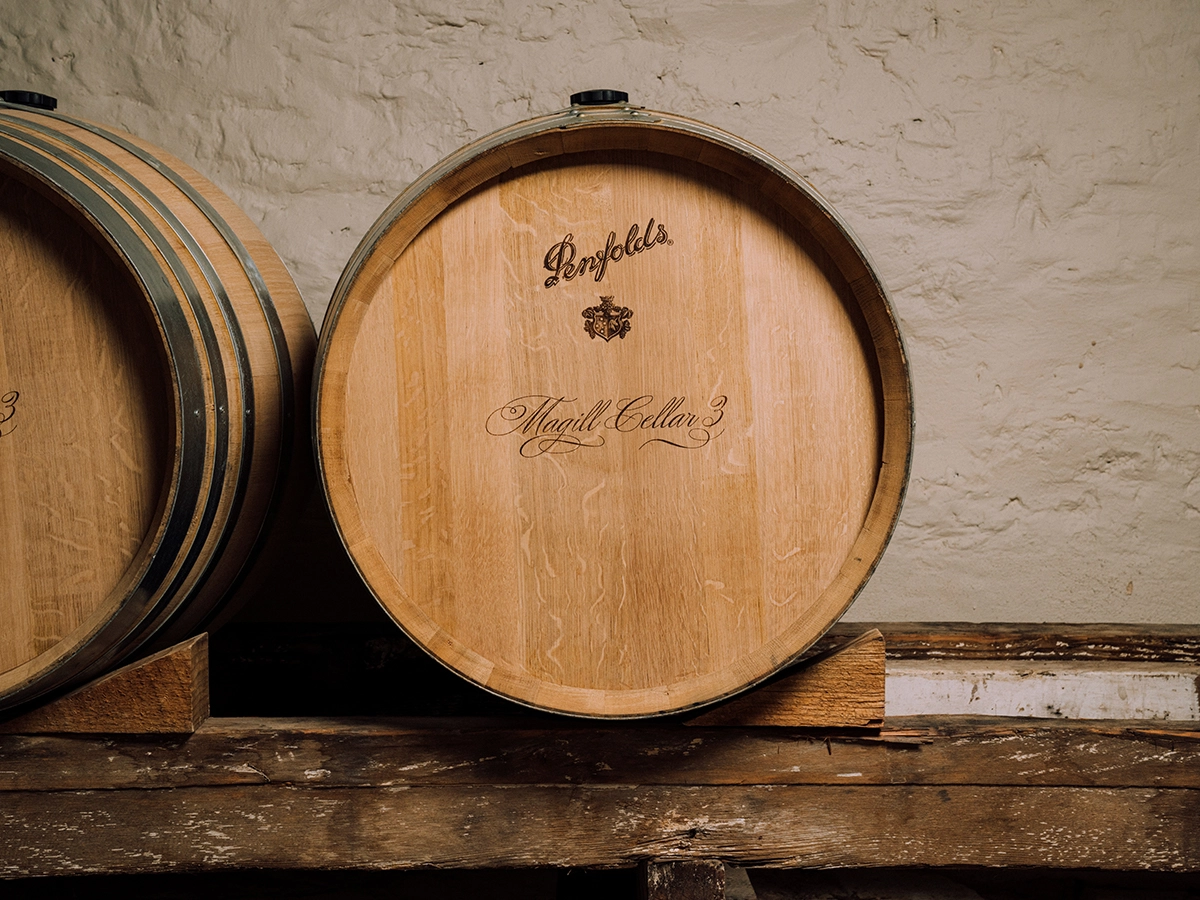Of all the asset classes, wine is perhaps the most finicky. Perishable, fragile, and often subject to counterfeiting, fine wine collecting requires not just the capital for purchase and storage, but the knowledge and network to source bottles of reputable provenance.
Enter the wine non-fungible token (NFT), which creates an immutable record of the wine's existence on the blockchain – solving the issue of provenance and granting proof that the customer has owned said unit of wine at some point of time. While winemakers have already been using blockchain technology to authenticate wine for a few years now – Ernst & Young built a platform for this very purpose in 2019 – NFTs are a perfect match for wine.
After all, one of the main purposes of NFTs is to represent ownership of art. Everyone from contemporary artist Jeff Koons to musician Grimes has minted NFTs; and if you ask any vinophile, wine is art.

After all, one of the main purposes of NFTs is to represent ownership of art. Everyone from contemporary artist Jeff Koons to musician Grimes has minted NFTs; and if you ask any vinophile, wine is art.
If making an NFT out of a consumable sounds like a stretch, consider the fact that wine labels often contain art, and not just designs from a branding agency. The labels of Mouton Rothschild, for one, can boast works from Miro, Picasso, and again, Jeff Koons. For a contemporary example: Japanese artist Yayoi Kusama worked with Veuve Clicquot to create a limited-edition bottle for the house's grand cuvee Le Grande Dame.
Even if you've popped the cork for a special occasion, the NFT remains in perpetuity, serving as a reminder of your vinous experience or, with demand, an asset.
(Related: A conversation with Sue Hodder, Wynns Chief Winemaker)
New Wealth
Then there's the fact that NFTs themselves are a marketing device with the potential to attract a non-traditional market for wine. How non-traditional? Compared to today's crypto millionaires, even the nouveau riche is old money, given that the person eyeing a wine NFT might just be a 19-year-old making seven-figure sums flipping Crypto Punks – an NFT collection featuring computer-generated, pixel art characters – in their parents' house.
Cryptocurrencies, the best-performing asset class in the past decade, have minted more millionaires than the gold rush or the dot-com boom. The price of Bitcoin has increased 80-fold in the past five years, and according to Bitcoin wallet tracker Bitinfocharts.com, there are currently over 103,000 Bitcoin (at its current price of US$58,626) addresses with a valuation of over US$1 million, and just under 10,000 addresses with over US$10 million.
Throw in the big earners holding one or more of the multiple altcoins, and you've got an entire generation of newly rich under-40s looking to spend their newfound wealth. Chances are, these are millennials more used to the idea of drinking craft beer than first-growth Bordeaux; so NFTs would be – or so the wine industry hopes – what wine sellers are looking for with a younger, tech-focused crowd.
In On It
Some of the biggest names in wine have got on the blockchain, with the most recent example being Australia's most famous winery, Penfolds. The wine giant has teamed up with luxury alcohol NFT platform BlockBar to offer a single-barrel NFT of the 2021 vintage of Magill Cellar 3.
The NFT is up for purchase at US$130,000, and can be traded on BlockBar until October 2022, the date of bottling. Upon which, the barrel NFT will be converted into 300 individual bottle NFTs that can be sold and be used to redeem bottles of the wine. At the point of conversion, the owner of the Barrel NFT will also receive other perks including a keepsake barrel head, private tastings at the cellar, as well as regular updates on the wine that they own.
 Stéphanie Boüard-Rivoal
Stéphanie Boüard-Rivoal
Even Bordeaux, a wine region where the marketing and selling of wine have been largely done the same way for decades, has gotten in on the NFT action – albeit by one of the most forward-thinking houses. St. Emilion estate Château Angélus has partnered with Cult Wine Investment to offer an NFT that depicts an animated 3D rendering of the house's namesake Château Angélus bells.
The NFT also gives ownership of a barrel of Château Angélus en primeur 2020, as well as bonuses including virtual tastings, dinner with CEO Stéphanie Boüard-Rivoal, and storage and bottling of the wine. Listed on NFT platform OpenSea in July 2021, the Château Angélus Bell NFT was sold for US$110,000 to an anonymous buyer.

Says Boüard-Rivoal, "Offering our wines via an NFT was an opportunity for us to be connected with the new players of the market and explore new habits of consumption. With this first step taken with an en primeur, it might help some other operators in the industry to keep a close watch on NFTs. Soon, it might become a very normal and perfectly integrated way to offer wine."









 Stéphanie Boüard-Rivoal
Stéphanie Boüard-Rivoal





 Back
Back